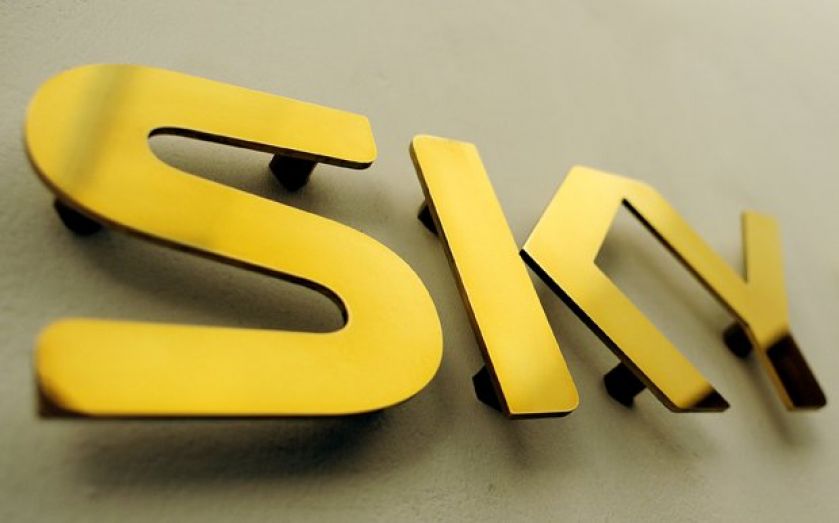BSkyB built its empire on live football – ignoring that could cost it dear

WHEN BSkyB reports its results tomorrow, most expect them to be well received. The fast-moving satellite group will likely report strong profits and growth prospects, and will have much to say about innovative new products like Sky Go, Sky Store and Now TV, all intended to make it easier to consume its broadening content.
However, one aspect of BSkyB’s strategy is making people like me nervous about its long-term prospects for growth. Its top managers, right from chief executive Jeremy Darroch down, seem to be preparing the way for the group to lose its dominance in live football, the very thing it built its business on, to BT. Now maybe they know something I don’t about the stickability of their customers to their new offerings, but for me the very essence of BSkyB’s success has been its dominant football coverage.
For the first time, however, it is up against a rival that is financially powerful enough to challenge it in a sport that has traditionally been used as a “battering ram” to boost growth in pay television.
BT, with its vast legacy business that it is afraid of losing, is able to bid what many consider uneconomic sums for the right to broadcast live football. Hence it bid substantially more for the European Champions League competition and blew BSkyB out of the water.
In the run up to Christmas, the two groups come up against each other for the latest round of Premier League rights, which at £3.3bn over three years is one of the most lucrative domestic TV contracts on the planet. Currently, the balance of power lies with BSkyB, which has the bulk of the matches. BT’s 38 live games are a useful base for a sports channel, but they are in no way sufficient to tempt BSkyB customers to switch providers. Those who are keen enough can add the BT channels on Sky for £12 a month.
However, BT's snatching of the Champions League rights changes things, not now, but for this time next year. There will be many BSkyB subscribers, like myself, who will be moved to switch to BT if that’s the best way of watching top football. And it is close to becoming that way. Imagine those winter evenings the season after the one coming up when BT becomes the only place to watch the Champions League.
As my colleague Julian Harris pointed out the other day in this newspaper, football is unhealthily addictive. It is the reason millions of households have a BSkyB subscription and are prepared to pay more than £40 a month for it (even though the sports part of that accounts for around half of that cost). Without the football offering, thousands of them would be tempted to switch to Netflix, Freeview, BT, Blinkbox, whatever, in order to be able to watch a mix of TV and films. The competition in the market for movies and TV series is immense.
If you want to watch live football, which millions of us find ourselves having to do for reasons that we sometimes find hard to understand, there are few places to go, unless you settle for a dodgy (illegal) feed.
When it comes to the next set of bids for the Premier League, BSkyB will either have to pay top dollar, which in my view is the best strategy even though it will add heavily to costs, or lose its footballing dominance for the first time in its history. That would be much the bravest gamble it has ever taken – and could end in tears.